Sac State president announces new date for anti-racism and inclusion convocation
Event moved to Feb. 14 amidst ‘silence and inaction’ criticisms
Sacramento State’s anti-racism and inclusion convocation was moved to Feb. 14, 2022, to discuss anti-racism on campus. The convocation was supposedly moved due to “scheduling conflicts” according to President Robert Nelsen. Photo in background taken by Patrick Posuniak. Graphic made in Canva by Ayaana Williams.
December 6, 2021
Sacramento State’s anti-racism and inclusion convocation has been rescheduled for Feb. 14, 2022, President Robert Nelsen announced via a SacSend email on Monday.
This is the second time Sac State has moved the convocation this semester.
The convocation was originally scheduled for September 2021 and previously rescheduled to Feb. 25, 2022 because Sac State was undergoing the hiring process for a new vice president of Inclusive Excellence, according to Nelsen. The convocation was moved up to Feb. 14 due to “scheduling conflicts.”
Nelsen said that the “scheduling conflicts” with the Feb. 25 date is a job fair that takes place on that date every year.
With community members frustrated about the convocation being moved, Associated Students Inc. director of arts and letters Aladria Brown said the event must happen.
If you set another date and you have it earlier, that’s not early. You’re still late.
— Aladria Brown
“It needs to happen. It just needs to happen,” Brown said. “If that’s the date and we’re sticking to it, let’s do it.”
Brown expressed frustration for the delays in holding the convocation.
“They made a solid date for something that did not happen,” Brown said, referring to the original Sept. 29 date for the convocation. “If you set another date and you have it earlier, that’s not early. You’re still late.”
The announcement of the convocation date comes just shy of one month after Mia Settles-Tidwell began working as the new vice president for Inclusive Excellence on Nov. 8.
“I came here to give [Sac State] direction, to hold it accountable, including myself, and I believe in it,” Settles-Tidwell said. “I would not consider [the anti-racism and inclusion campus plan] yet a plan, but I do think it’s a start.”
Settles-Tidwell said that she knows “people are hurt” by the delay of the convocation, but it will take time to change the culture of the university.
“We must recognize that [in] the almost 75 years that Sac State [has] been in existence that it, as well as most institutions of higher learning, [was] based in racist ideologies of exclusion and discrimination against marginalized communities,” Settles-Tidwell said.
She said that the university needs a five-year framework to implement the plan:
- Year 1: believing the “hard truths that our campus was not made for all.” Believing that “everyone has the ability to change.”
- Years 2-3: “real, deep becoming” by auditing systems, policies and practices.
- Years 4-5: Having a campus that’s “self critical [and] realizes its own wrong and does something about it.”
In order for the anti-racism and inclusive campus plan to work, Settles-Tidwell said that the institution has to “decolonize the academy and decolonize our minds.”
She said that she hopes the convocation gives students a chance to “celebrate culture” and provides students with “relief.”
“I would hope that it shows students that the community cares enough to provide an experience to get them motivated,” Settles-Tidwell said. “Right after the convocation is where the work really starts.”
Nelsen said the planning cabinet has heard the community “loud and clear” that “silence and inaction” are indeed actions and acknowledged that community members are affected by the earlier decision to delay the convocation of the plan.
Nelsen said that the university “[is] committed to holding [themselves] accountable as [they] move forward.”
In response, Brown said in order for Sac State to have an effective anti-racism plan, programs like the Martin Luther King Center, the PRIDE center and the Women’s Resource Center must be supported and a part of anti-racist efforts.
“[Apologies] are nice, but money is better,” Brown said.
RELATED: TIMELINE: A look at the recent history of racism at Sac State
According to Nelsen, the convocation will be held in the University Union ballroom. The exact in-person capacity for the convocation is unknown at this point, though he said recent events like a holiday party that took place in the ballroom had a capacity of over 158 people.
The convocation will be both in-person and virtual. Registration opens Jan. 10, 2022 and is open to the entire Sac State community.
It will focus on three major themes, Nelsen said:
- Acknowledging tensions and speaking hard truths relative to structures of oppression and impacts of COVID-19
- Unlearning racism, and new learning of anti-racism traditions and ways of being
- Moving toward Liberatory Praxis
Employee affinity groups, Black Student Union and “others” will make up the “campus leadership” that community members will hear from at the convocation, Nelsen told The State Hornet. The contract for the guest speaker is still being worked on, according to Nelsen.
“We will have proposals where people can actually have instructional sessions, conversations and the like just as we did with the first convocation,” Nelsen said. “Inclusive Excellence will help to shape the actual agenda and bring the agenda forward.”
Nelsen said that they have talked with the employee affinity groups who feel like the anti-racism and inclusive campus plan isn’t moving as quickly as they want it to move.
“This is our third meeting we’ve had with the affinity groups so that we could continue the conversation,” Nelsen said. “We needed to hear from the community more before the convocation. That’s why we’ve been meeting with them.”
Nelsen said that he “personally took responsibility” for the delay in the plan.
“We, as a university, have to be held accountable and move forward,” he said.
Nelsen said that a “Countdown to Convocation 2022” website will be shared “soon” to provide more information and “send a message that this is really happening.”
[Apologies] are nice, but money is better.
— Aladria Brown
Brown recalled that the delays in the plan were attributed to the departure of the staff who created it and the search for a new vice president of Inclusive Excellence. Former vice president for Inclusive Excellence and executive sponsor of the plan Diana Tate Vermeire left her position at Sac State just months after its release.
“With the anti-racism plan, one of the really big problems was that staff left [who] made the plan,” Brown said. “I understand why they had to, you know, kind of hold back the reins and really try to do it justice and not just rush through it.”
Additional reporting by Kris Hall.


























































































































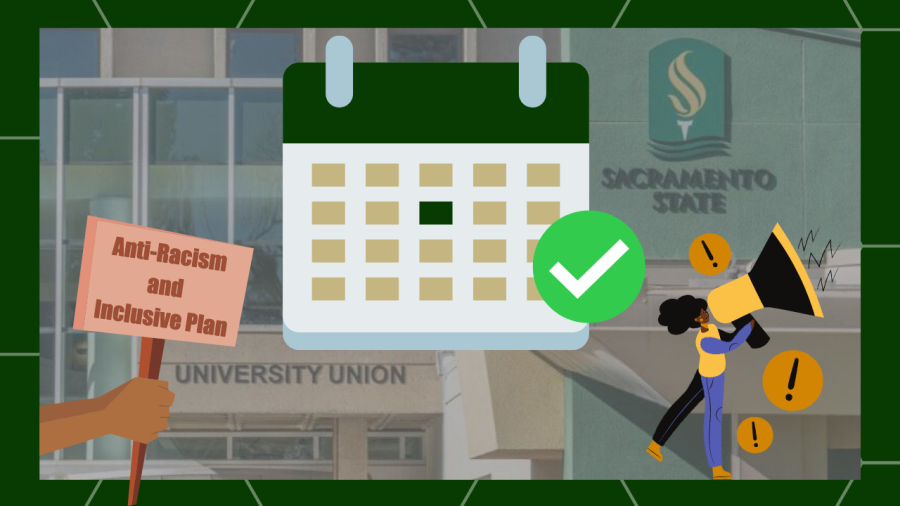
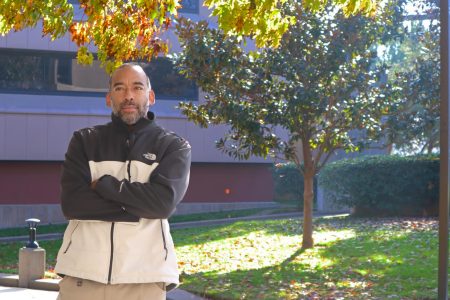
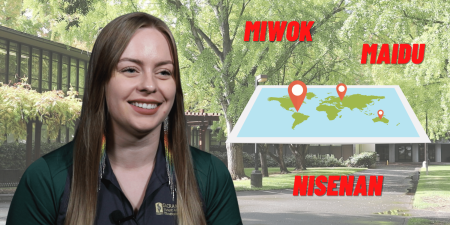
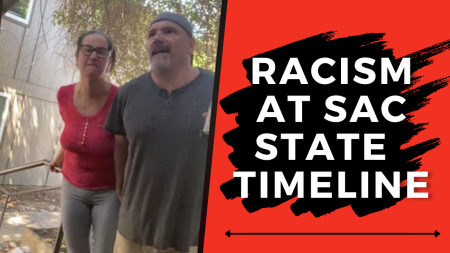
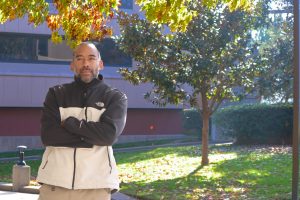
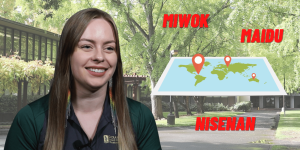
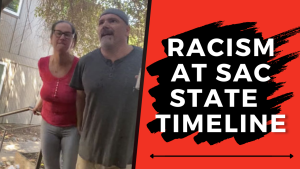
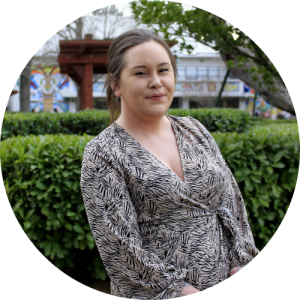


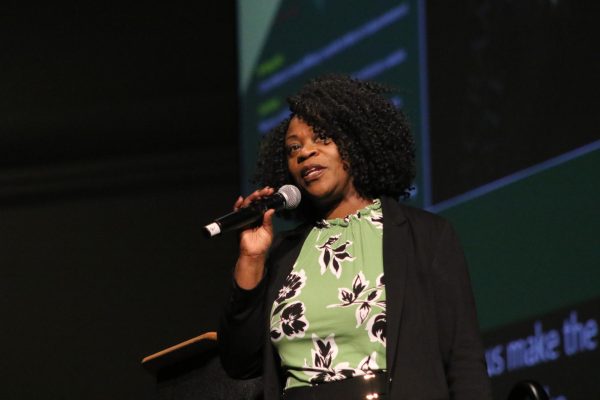

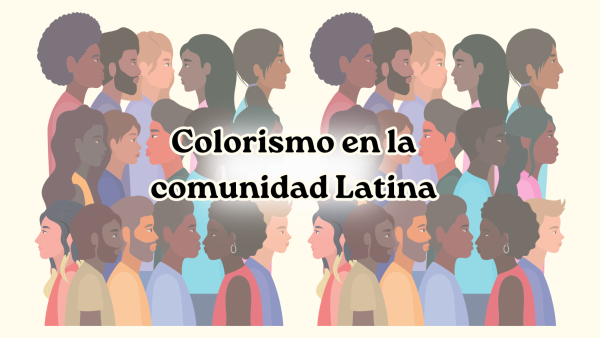

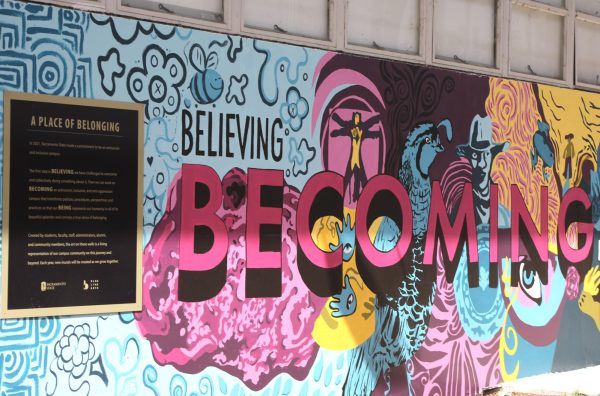



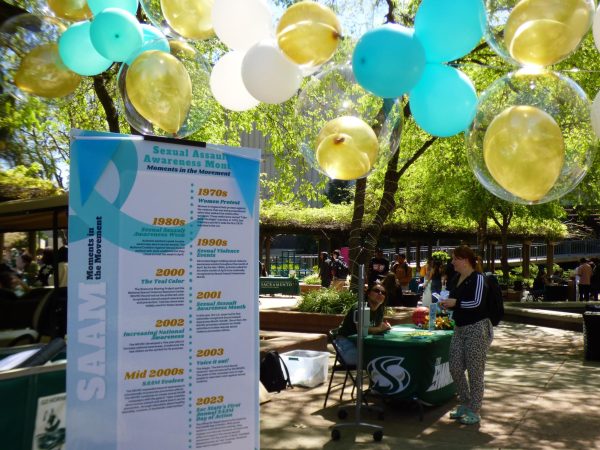
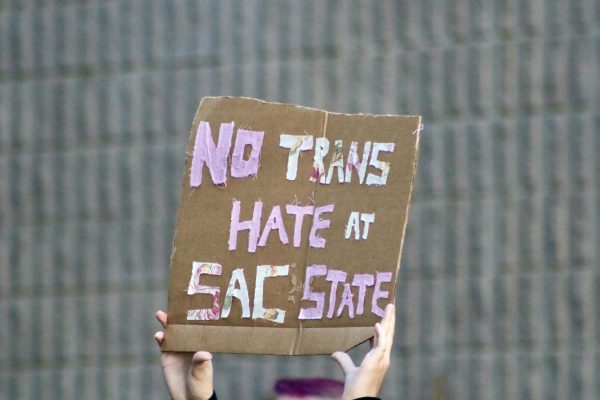
CEA • Feb 14, 2022 at 11:42 am
Why hold the event on Valentine’s Day when communities, staff et al are more than likely out if town or celebrating love’s day?